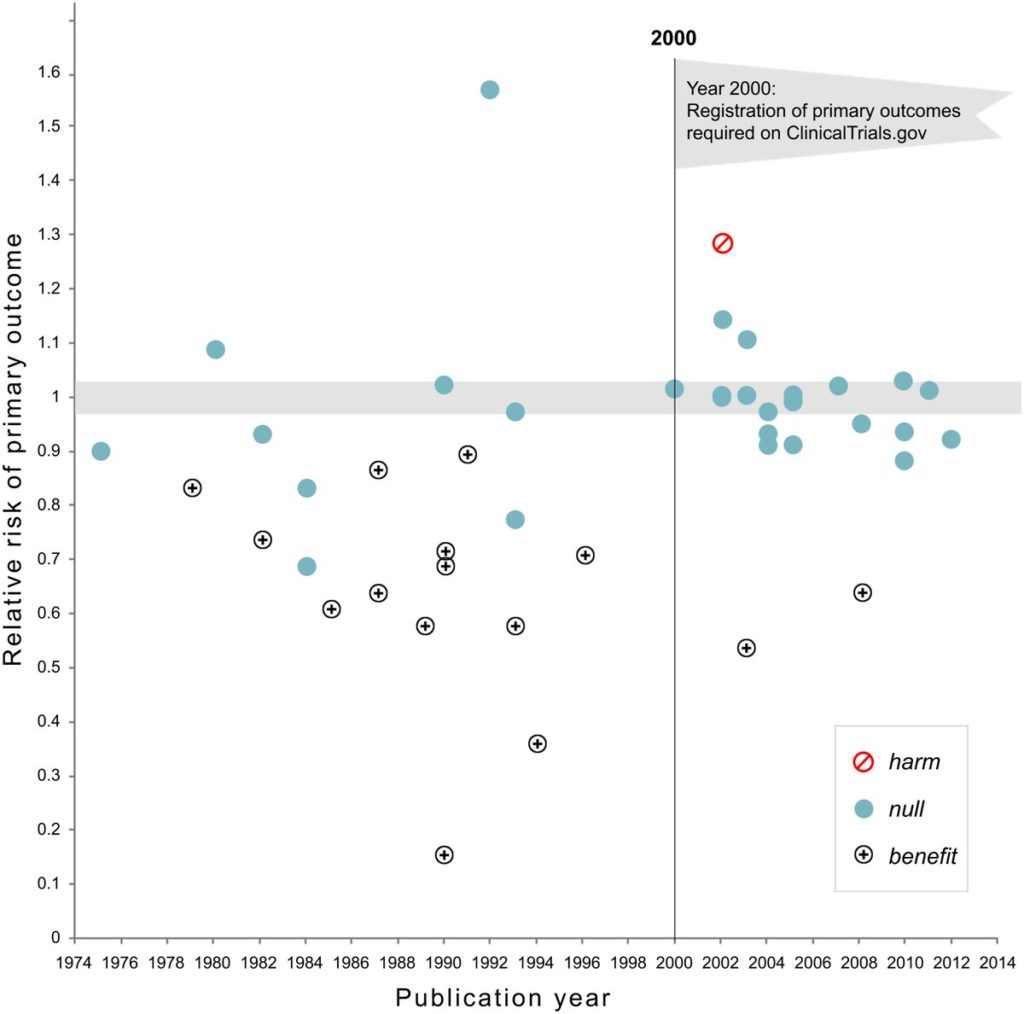Guest post by Jeff Mosenkis of Innovations for Poverty Action. Preregistration stops medications from working Tyler Cowen interviewed Chris Blattman and in typical Cowen fashion came prepared – I had to slow down my usual podcast playback speed to keep up. Topics Included what Chris learned from his first job at a higher class Canadian KFC, interviewing child soldiers, causes of the Peloponnesian Wars, why he’d rather transfer accountants to poor countries than cash, and how he tries to get inside a problem that other people haven’t really thought about yet. One of my favorite economists and voices for econ in public policy, Jennifer Doleac, with Anita Mukherjee published a working paper suggesting there may be unintended consequences of states passing laws allowing access to Naloxone
Topics:
Jeff Mosenkis (IPA) considers the following as important: chris blattman, development, Economics, health, links, miscellany, news, podcast, podcasts, political science, Research, statistics, tyler cowen
This could be interesting, too:
Lars Pålsson Syll writes Schuldenbremse bye bye
Lars Pålsson Syll writes What’s wrong with economics — a primer
Lars Pålsson Syll writes Krigskeynesianismens återkomst
Lars Pålsson Syll writes Finding Eigenvalues and Eigenvectors (student stuff)
Guest post by Jeff Mosenkis of Innovations for Poverty Action.

Preregistration stops medications from working
- Tyler Cowen interviewed Chris Blattman and in typical Cowen fashion came prepared – I had to slow down my usual podcast playback speed to keep up. Topics Included what Chris learned from his first job at a higher class Canadian KFC, interviewing child soldiers, causes of the Peloponnesian Wars, why he’d rather transfer accountants to poor countries than cash, and how he tries to get inside a problem that other people haven’t really thought about yet.
- One of my favorite economists and voices for econ in public policy, Jennifer Doleac, with Anita Mukherjee published a working paper suggesting there may be unintended consequences of states passing laws allowing access to Naloxone (the anti-opioid overdose drug). They suggested the laws were associated with more ER visits, and if anything more opioid deaths, and that perhaps there was a moral hazard of making treatment available. Then, as Olga Khazan describes in The Atlantic, the world jumped down their throats, particularly those in public health and others involved in the opioid treatment world. Things got uncivil at times, accusations of not knowing anything about the field and confusing correlation with causation, what’s this whole “working paper” thing – is it just somebody’s Word doc?, etc. But a lot of the disagreement seems to stem from misunderstandings across disciplines in what counts for evidence.
- Political scientist Corrine McConnaughy does a service here explaining why people often see economists as tone deaf, parachuting into a field full of people who’ve spent careers studying one topic and making broad generalizations of how the world works. She cites an interesting JEP paper “The Superiority of Economics” about the implicit pecking order within social sciences.
- A veteran NPR investigative journalist was dismissed from NPR after sexual harassment allegations, but three organizations representing former Peace Corps volunteers and others want NPR to release the story he was working on, about the potentially very dangerous side effects of commonly-prescribed anti-malarial drugs.
- A really nice interview with Global Innovation Fund CEO Alix Zwane by David McKenzie about non-professor jobs with an econ Ph.D. Read to the end for a couple of nice tips at the end about practicing self-care in graduate school and developing the skills to manage others.
- Above – amazingly drug effectiveness went down (proportion of positive results published dropped from 57% to 8%) after clinical trials were required to preregister (h/t Josh Kalla & Rachael Meager). To combat publication bias, the Journal of Development Economics will now try accepting studies for publication before they’re run. Though David points out a political science journal regretted it.
And Bloomberg’s Iain Marlow points out, Indian and Pakistani diplomatic spats have devolved to high school level:
This comment came, even as it came to light that tension has been brewing between the two sides for a couple of months — one of the incidents involved the doorbell of the Indian deputy High Commissioner J P Singh being rung at 3 am. Since the Indian side felt that this was done by Pakistan’s security agencies, the Pakistan deputy high commissioner Syed Haider Shah’s door bell was also rung at 3 am in next few days.
